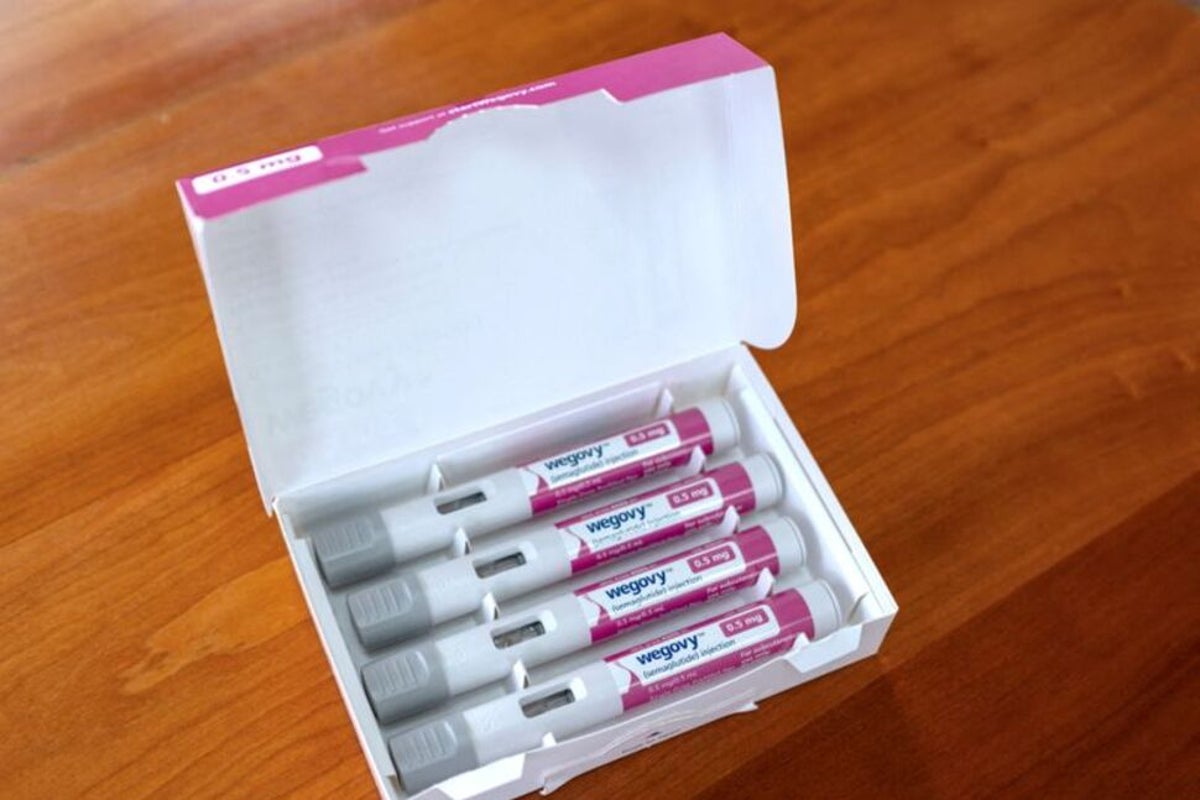
Your support helps us to tell the story
Hundreds of doctors and experts have called on the health secretary Wes Streeting to review the impact of weight-loss jabs on NHS services after the drugs sparked a ‘tidal wave’ of demand.
The Obesity Health Alliance has warned that NHS specialist weight-management services are unable to match increased demand which comes with the 4.1 million patients who are eligible for jabs such as Wegovy.
The warning comes after health secretary Wes Streeting said weight-loss jabs could be given to those who are unemployed due to obesity problems as the government announced £279m investment into the UK’s life sciences sector to trial weight-loss jabs, and assess the impact on worklessness.
On Tuesday NHS chief executive Amanda Pritchard hailed the drugs, such as Wegovy, also called semaglitude, as potential “game changers” but warned they could overwhelm already stretched specialist obesity services.
Now more than 200 doctors and specialists have sent a letter to the health secretary warning the introduction of the trust is “placing ‘immense pressure’ on the already overstretched NHS services.”
One NHS specialist, Dr Sarah Williams, said: “We’re seeing a tidal wave of unprecedented demand that we simply cannot meet with the resources currently available. The government needs to act now to make obesity services more equitable and sustainable. Clinicians are in a difficult position, having to ration life-changing treatments due to overwhelming demand.”
In a new report, the OHA has called on the government to conduct a full review of existing NHS obesity services after the new drugs, such as semaglitude, have been introduced in England.
The alliance also called for urgent interventions to help clinicians prioritise access to the drugs as demand surges and ensure patients don’t face a “postcode lottery.”
The report warns barriers patients face accessing the treatments on the NHS are leading to more patients accessing it through the private sector.
According to the OHA funding the jabs for adults with severe obesity in England, with the accompanying weight management services, would cost £3.8 billion a year and could cost £115 billion by 2030. Although estiamtes from the same study suggest the drugs will save the NHS £6.5 billion a year.
Finally, it called for new weight loss support services tailored to groups that traditionally have less access such as older men and those from ethnic minority backgrounds.
According to OHA there are 4.1 million people in England who are eligible for Wegovy, however the NHS estimates by 2028 less than 50,000 people a year will actually receive the new treatment.
Alfie Slade, Government Affairs Lead at the Obesity Health Alliance, said: “The new weight loss drugs represent a breakthrough in treatment, giving hope to the millions of people struggling to manage their weight, but they also expose the weaknesses in our current obesity services. Without urgent government intervention, we will fail to meet the needs of millions of patients, leading to greater health inequalities.”
A Department of Health and Social Care spokesperson said: “Obesity is one of the biggest preventable killers. It costs the NHS more than £11 billion a year and it also places a significant burden on our economy.
“With obesity-related illness causing people to take more days off sick, obesity drugs can be part of the solution. By tackling obesity, we can ease demands on our NHS and help improve Britain’s productivity.
“As well as backing the next generation of medicines, this government is also taking action to prevent ill health in the first place and help people live well for longer. We’re tackling the obesity crisis head-on - restricting junk food advertising on TV and online, along with banning the sale of high-caffeine energy drinks to children under the age of 16.”







